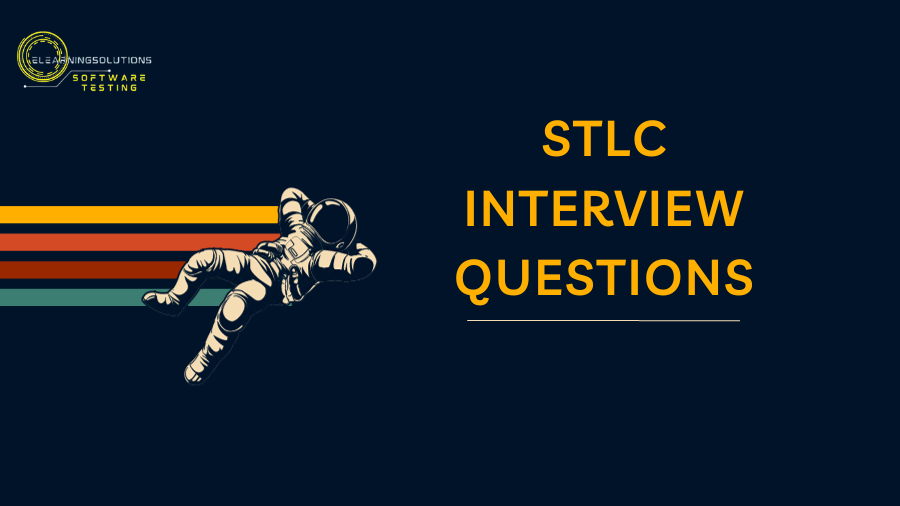Introduction- stlc interview questions
stlc interview questions: A Software Testing Life Cycle (STLC) interview is your opportunity to showcase your expertise and understanding of the processes and methodologies that go into delivering a high-quality software product. In this blog, we’ll explore common STLC interview questions, along with tips on how to answer them effectively and demonstrate your proficiency in the world of software testing.
- What is the Software Testing Life Cycle (STLC)?
This is a foundational question. Explain that the STLC is a systematic process that defines the steps and activities involved in testing software. The STLC encompasses various phases, including requirement analysis, test planning, test design, test execution, defect reporting, and closure.
Tip: Emphasize the iterative nature of the STLC, especially in Agile and DevOps environments.
- How Does STLC Differ from SDLC?
Software Development Life Cycle (SDLC) is the process of software development, while STLC focuses on software testing. Highlight the interdependencies between the two, where testing is an integral part of the SDLC and runs in parallel with development.
- What Are the Key Phases in the STLC?
List the phases, typically including requirement analysis, test planning, test design, test execution, defect reporting, and closure. Briefly explain the purpose and activities in each phase, showcasing your thorough understanding.
Tip: Mention the importance of maintaining traceability throughout the phases.
- How Do You Create a Test Plan?
A test plan is a crucial document. Describe the process of creating one, including test objectives, scope, resources, and schedules. Stress the importance of aligning the test plan with project goals and customer requirements.
- What Is Traceability Matrix, and Why Is It Important?
A traceability matrix links test cases to their corresponding requirements. Explain its significance in ensuring that all requirements have test coverage. Emphasize how it aids in tracking and validating the test execution process.
- How Do You Handle Changes in Requirements During Testing?
Discuss the importance of a change management process and how you incorporate changes into the ongoing testing efforts. Highlight the need for clear communication and impact analysis.
- What’s the Difference Between Functional and Non-Functional Testing in STLC?
Explain that functional testing ensures the software meets the specified functional requirements, while non-functional testing focuses on aspects like performance, security, usability, and scalability. Provide examples of each type.
- What’s the Role of Test Execution and Defect Reporting?
Discuss the importance of systematic test execution, including test case execution, reporting defects, and retesting. Emphasize that defects are reported, tracked, and managed throughout the project lifecycle.
Tip: Mention the use of defect tracking tools like JIRA or Bugzilla.
- How Do You Ensure Effective Test Closure?
Explain that test closure involves evaluating the completeness of testing activities, producing test summary reports, and obtaining necessary approvals for project closure. Highlight the importance of documenting lessons learned for future projects.
- How Do You Adapt STLC to Agile or DevOps Environments?
Show your adaptability by explaining how the STLC phases and activities are adjusted in Agile and DevOps methodologies. Highlight the continuous testing and automation aspects in these environments.
Conclusion
Mastering STLC interview questions is crucial to secure your dream job in the field of software testing. Preparing well and understanding the intricacies of the Software Testing Life Cycle will give you the confidence to demonstrate your expertise to potential employers. Remember, practice and real-world experience are invaluable in acing your STLC interview and advancing your career in software testing. Good luck!

